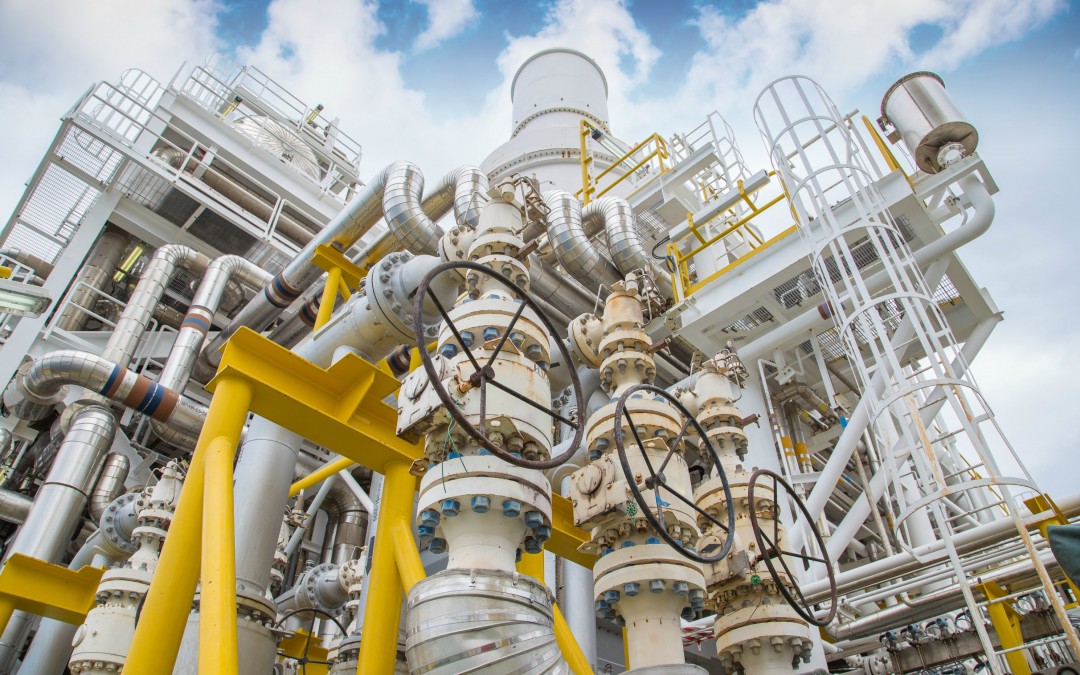Natural gas, one of the most environmentally friendly sources of energy, will play an important role on the road towards a low carbon economy. This transition process will – it must be said – take some time as storage technology must still be improved so that a more reliable energy, and at more competitive prices can be offered.
According to the International Energy Agency (IEA), in a global economy that grows at an average annual rate of 3.4%, with population projections that will go from today’s 7.4 billion to an expected population of over 9 billion in 2040, ‘natural gas will be the leader in an energy market in which renewables will gain more and more prominence,’ as stated in the 2017 edition of its World Energy Outlook report, entitled ‘A World in Transformation’.
Natural gas and renewables will be the energy duo of the next 25 years, according to the IEA’s prediction, because the former is the only kind of energy that is widely available in the short term that has the ability of lowering CO2 emissions.
Natural gas is recognized for its efficiency, cleanliness and competitive price, and it is a vital ally for developing wind and solar energy on a large scale. As these renewable sources cannot always cope with the high demand of consumption peaks, combined-cycle power plants are the best answer.
If, hypothetically, we were to use natural gas to replace coal throughout Europe, greenhouse gases would fall immediately by up to 81%. According to IEA data, the reduction would be between 40% and 50% for heating if it were replaced by diesel oil and by 25% for transportation if petrol were replaced by natural gas vehicles.
Another application for natural gas, and one that has a great future in Spain, is cogeneration. It is one of the joint production systems of thermal and electric energy that allows for important global fuel yields and a marked reduction in polluting emissions.
Progress is also being made in the field of biogas, in other words, gas produced from organic matter making it a totally renewable source of energy; it is already being used in some urban heating and transport systems.
Seven attributes that make natural gas the ideal complement for renewables
- Reliable: it ensures supply at times when renewable energies are not available.
- Eco-friendly: it improves air quality (eliminates SO2, NOx and NO2, and reduces CO2 emissions).
- Established: its infrastructure is modern and well established.
- Powerful: it has a high calorific value and its versatility makes it suitable for all industrial processes.
- Safe: it meets the highest safety standards.
- Cheap: when compared to electricity and traditional fuels.
- Available: there are proven reserves of natural gas.
The European Union is firmly committed to fighting climate change and, in line with this, its Winter Package places gas at the centre of Europe’s future energy policy.
The progressive decarbonization of the world economy is finally opening up new opportunities. The gas sector must take advantage of its strengths and publicize its strategic role as offering the cleanest traditional energy, one that is widely available and that goes hand in hand with renewables.
